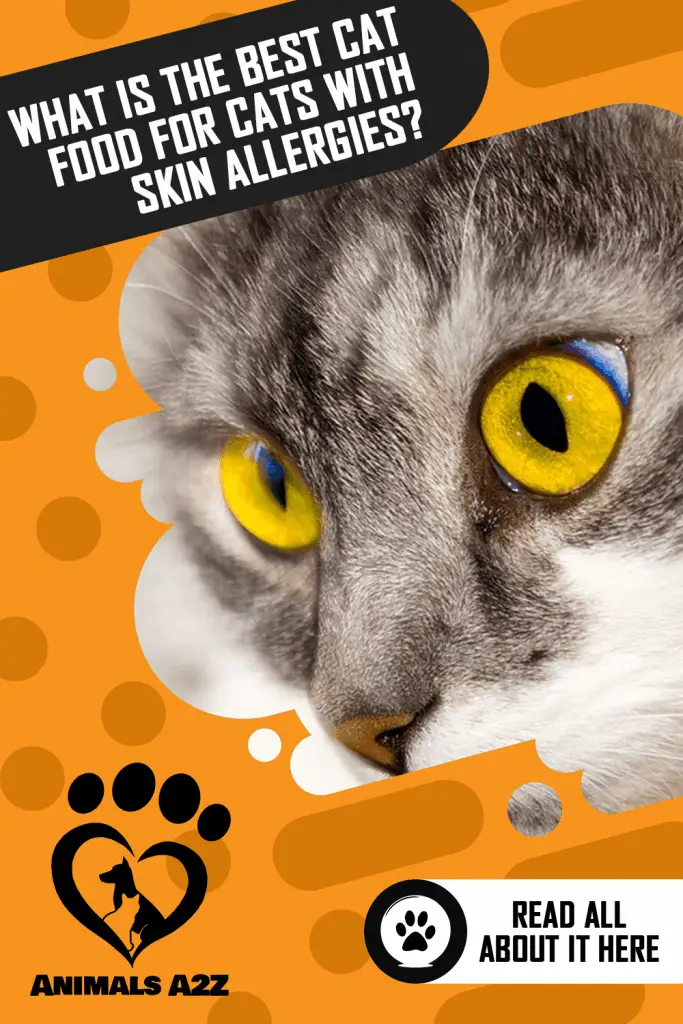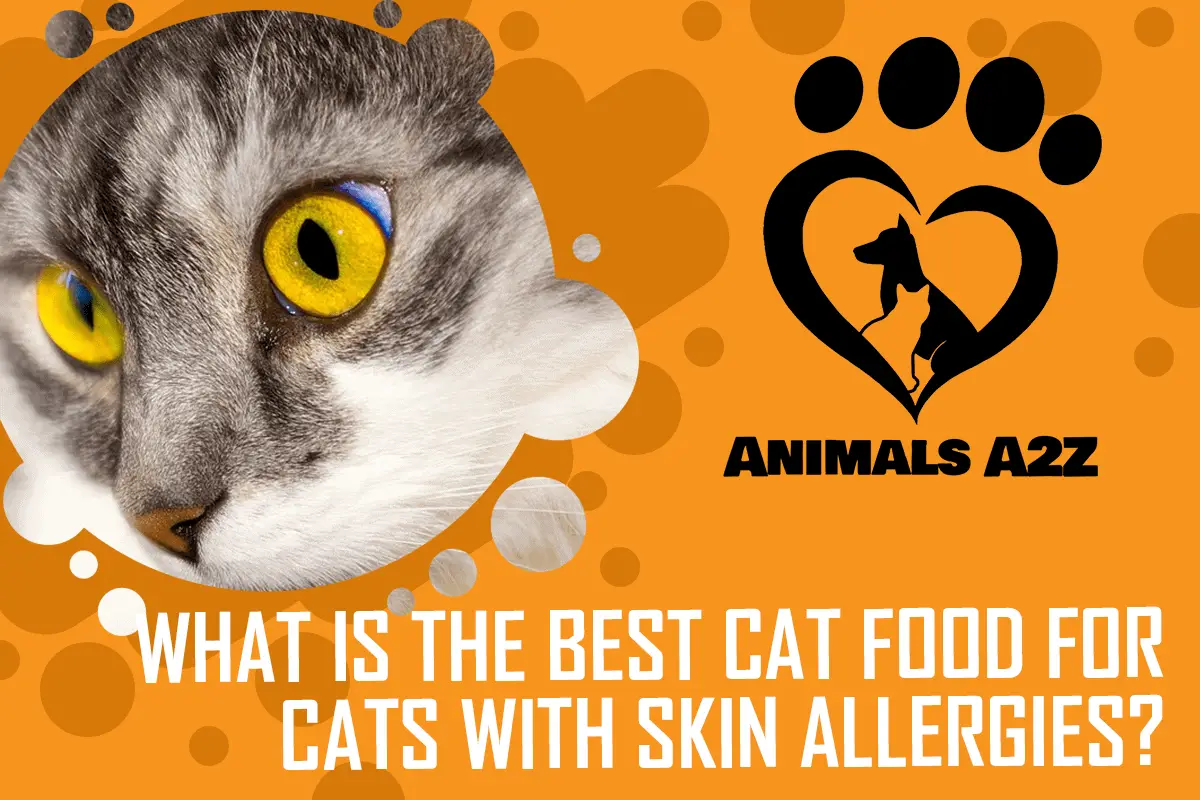Did you know that your cat may also be allergic to certain cat foods? Usually, cat allergies take place when his immune system mistakes a particular food ingredient for a threat and then mounts an immune response which results in symptoms like vomiting and sneezing for your furry pal. If your feline friend is prone to having allergies, then a hypoallergenic cat diet can help a lot in avoiding these symptoms by eliminating certain food ingredients that your feline friend is sensitive to from his diet.
Table of Contents
What Should You Consider When Buying Cat Food for Allergic Cats?
Proper hypoallergenic cat food should have some important features. Here are the things you should look for when choosing the right hypoallergenic food for your cat.
Dry Vs. Wet
Most cat foods are available in wet and dry versions, and it also helps to understand their differences before you decide. Dry hypoallergenic cat food is very convenient since it’s not messy and you can easily store it anywhere. But, wet cat food helps a lot in keeping your cat hydrated even though he does not drink enough water. Aside from that, wet cat food also helps in preventing any problems with the urinary tract of your cat, given the fact that it’s a common health concern in felines. In addition, wet cat food also aids to solve digestive problems in cats.
Overall, wet and dry food’s nutritional value is not solely dependent on whether it is dry or wet. Some cats are just comfortable in eating dry food, while others would not think of eating any food but wet cat food, so make sure you keep your furry pal’s preferences in mind.
Ingredients
Bear in mind that allergic reactions aren’t simple. While there are some cat food ingredients popularly known to cause allergic reactions in cats, there are also some ingredients that rarely cause allergies to other cats. Thus, it helps to take a look at the ingredient list of a certain cat food brand before you make a choice.
Protein Source
One of the nutrients that are often under critical observation when buying cat food is protein. This is because most allergies come from protein ingredients, and they usually vary depending on the protein source. Most varieties of cat food specify the kind of protein it has and in what amounts, which makes it much easier for you to select varieties that do not contain the protein source that your cat is allergic to.
[crp]
Common Questions About the Best Cat Food for Cats with Skin Allergies
What is Hypoallergenic Food for Cats?
It’s important to know that there are no 100% hypoallergenic cat foods. Just like people, every cat is different, and your furry pal may be allergic to a particular ingredient found in most cat foods. Hypoallergenic cat foods contain certain ingredients that don’t usually lead to allergic reactions in cats, lowering the chances of your cat developing an allergic response to it.
Most hypoallergenic foods for cats contain hydrolyzed proteins, which means the proteins are carefully broken down into a form that’s much easier to digest so that the immune systems of cats will not recognize it as a protein and so they will not develop any allergic reaction.
How Can You Tell if A Cat is Allergic to a Particular Food?
Food allergies happen when the immune system of your cat mistakes a protein or even any other food ingredient as a threat. If that happens, the system will mount a response such as skin infections, itchy skin, coughing, sneezing, diarrhea, and vomiting. Diarrhea and itching are two of the most common allergic reaction signs, and/or gastrointestinal problems like vomiting.
Before you say that your feline friend is allergic to a particular food, you need to understand first that there are some things that can cause digestive issues too. Confirming food allergies is thoroughly done by the elimination process in which some ingredients are added or eliminated from the diet one at a time, over time, while monitoring for symptoms.
What Cat Food Ingredients Can Cause Cat Allergies?
Just like people, cats can also be allergic to anything, including cat food ingredients. However, some studies have shown that proteins and certain ingredients are more likely to trigger allergic reactions than others and this serves as the manufacturer’s guide when making hypoallergenic cat foods. Dairy products and grains cause most intolerances and allergies. Cats are not designed to eat grains which means their digestive systems can’t deal with such foods. In particular, corn is a common trigger of allergies in cats.
Furthermore, mature cats do not have enzymes to digest any dairy product, which is also a common allergy trigger. Some of the meat parts that people don’t eat like fat tissue, can be used easily to make cat foods without knowing that this can cause allergic reactions.
Conclusion
Food allergies may not have any dangerous implications in your cat’s health, but it’s very important that they are properly diagnosed and treated. There’s no blood test for feline allergy diagnosis, and cats can’t even outgrow them. So, to make sure you’re giving what’s best for your cat, always ask recommendations from your trusted veterinarian.


